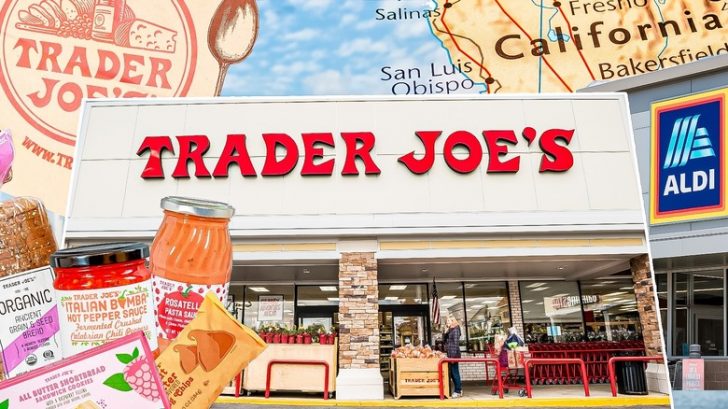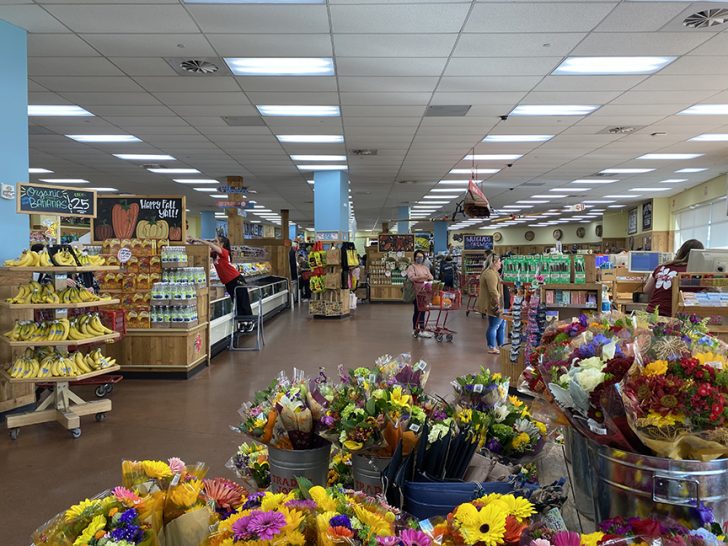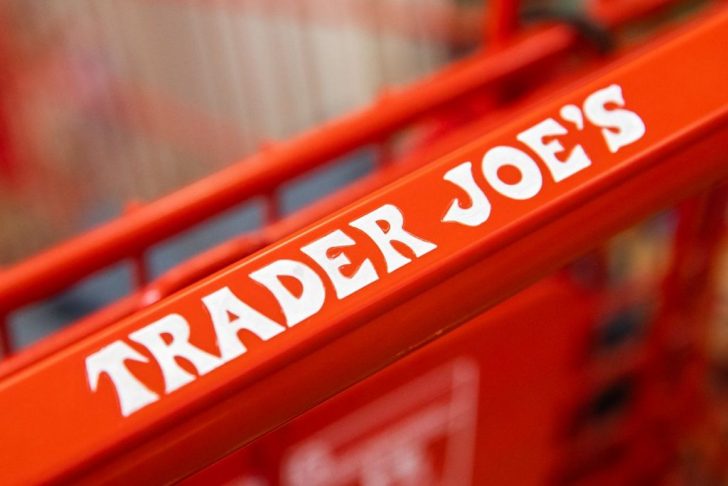Trader Joe’s food recall has become more than just a cautionary tale lately. It has become a window into what Americans demand from their food supply. In March 2024, the beloved grocery chain found itself in the headlines for a chicken soup dumpling recall due to potential contamination with plastic fragments.
Surprisingly, this was not an isolated incident. Earlier in the year, a frozen pilaf meal was recalled for containing possible foreign materials, like rocks. The past year also saw recalls for a variety of products, from cookies to falafel – all due to contamination concerns ranging from insects to metal fragments.

The Consumer’s Perspective on Trader Joe’s Food Recall
So, what do these recalls tell us about what Americans want from their food? At its core, the answer is simple: Safety, transparency, and trust. Consumers trust retailers to provide food that is not only delicious but safe. Each recall, while a testament to Trader Joe’s commitment to safety, also raises questions about the efficacy of current food safety mechanisms and the risks posed by increasingly globalized food supply chains.
The frequency of these incidents is alarming and points to a larger issue within the food industry. While Trader Joe’s has maintained that these events were coincidental, experts suggest that the retailer’s penchant for offering a mix of global and local foods from small-batch producers may inherently increase its risk of encountering safety problems.
However, this is not just about bad luck. It is about the complexity of managing a diverse supply chain in a regulatory environment where oversight is challenging.
Different Types of U.S. Food Get Different Levels of Scrutiny

The U.S. has a bifurcated food safety system that is managed by two primary agencies: the Food Safety and Inspection Service (FSIS) and the Food and Drug Administration (FDA). The FSIS has a more hands-on approach, conducting daily inspections of meat and egg production facilities.
On the other hand, the FDA, which oversees the majority of the food supply, conducts inspections far less frequently, potentially every three to five years. This discrepancy in oversight capacity means that many issues may only come to light when they reach the consumer level.
What Does Trader Joe’s Food Recall Mean for Consumers?
When a recall is announced, it is not just about removing potentially harmful products from shelves. It is a signal to consumers about the vulnerabilities in the food system. It emphasizes the importance of vigilance and the need for a more proactive stance on food safety, both from regulators and food producers.
So, for Americans, the Trader Joe’s food recall underscores the desire for not just good food but safe food.

Trader Joe’s Response: A Reflection of Consumer Values
Trader Joe’s proactive approach to recalls, despite the negative attention they bring, reflects a commitment to consumer safety and transparency. This aligns with what Americans demand from their food suppliers: honesty, accountability, and actions that prioritize health over profits.
The latest Trader Joe’s food recall serves as a reminder of the ongoing challenges in ensuring food safety in an ever-globalizing market. They also reflect a broader consumer expectation for transparency and accountability from food retailers.
As we move forward, it is essential for both regulatory bodies and food companies to strengthen their safety protocols, aiming for a future where recalls are rare and the food supply is universally trusted.





